Brief History Of The Tarok People
- Home /
- blog post
The Tarok people are a Nigerian ethnic group that is primarily in Plateau State, Nigeria. The Tarok are an agricultural people, with farming being their major source of livelihood. They are known for their skill in the production of yams, Millet, guinea corn, which are a staple food in their culture.
The Tarok people have a rich history that dates back to the pre-colonial period. According to oral tradition, the Tarok people migrated from present-day Cameroon and settled in their current location in the middle of the 19th century. They were initially organized into small, independent communities, with each community having its own leader.
During the colonial period, the Tarok people came into contact with European traders and missionaries. The British colonial administration established several schools in Tarok communities, which helped to spread Western education among the Tarok people.
After Nigeria gained independence from Britain in 1960, the Tarok people continued to face challenges. They were often at odds with other ethnic groups in the region, and there were several instances of violence between the Tarok and other groups. In the 1980s, the government of Nigeria established several policies that promoted economic development in the region. These policies included the establishment of agricultural cooperatives, which helped to improve the Tarok people's access to markets for their crops.
Today, the Tarok people continue to face several challenges. Like many other Nigerian ethnic groups, they are often marginalized by the country's political elite. In addition, they have struggled to adapt to the changing economic landscape of Nigeria, with many Tarok people still relying on farming for their livelihood.
Despite these challenges, the Tarok people have maintained a strong sense of cultural identity. They continue to speak their own language, which is known as Tarok, and they maintain several traditional customs and practices. The Tarok people are known for their hospitality, and they are often welcome to visitors who come to their communities.
Tarok Origins
Nankap Elias Lamle (2001), an anthropologist at Nigeria's University of Jos, stated that in the early twentieth century, people from other ethnic groups such as Tal, Ngas, Jukun, Tel (Montol/Dwal), and War (Gerkawa) migrated and settled alongside the original Timwat and Funyallang clans. These ethnic groups arrived as migrant labor workers. After serving the Timwat and Funyallang people, they were given land in Tarokland to settle on. By 1904, Tarokland had been colonized and Christianized (Lamle 1995). Because the first settlers did not trust the missionaries and colonialists, they did not encourage their people to join them. With the advent of modernism, later Taroklanders used their connections to missionaries and colonialists to obtain western education and join the army. Today, these latter migrants are at the helm of affairs in Nigeria, and they are attempting to change history (cf. Lamle 2005).
According to Lamle, the Tarok language is a member of the Benue-Congo language family, which is supported by the framework of Tarok migration, which is founded on the aforementioned claim. Other Chadic-speaking peoples, including as the Ngas, Boghom, Tel (Montol), and Yiwom, migrated to the Benue-Congo family and were granted full Tarok status (Lamle 1998). The Tarok also included the Jukun, who speak Benue-Congo family languages. In reality, the so-called Tarok people are a conglomeration of various ethnolinguistic tribes (Lamle 2008)
Tarok Culture
Even though Christianity has made significant inroads into the region, the Tarok people maintain a strong sense of dignity and importance for their ancestral cult. Initiated males and post-menopausal females serve as representations of the ancestors, orim. Nearly all Tarok towns have sacred trees outside of them where cult activities take place. While Orm are typically heard, they occasionally manifest as masked figures, particularly when scolding "stubborn" women or uttering prophesies. Unmasked figures translate the utterances of Orm figures speaking through voice disguisers in a language laced with code words but structured in standard Tarok grammar.
Every Tarok community, regardless of size, has a sacred grove outside of it that is kept as the location of the orim or ancestors. While orm alludes to the collective ancestors and the cult itself, ùrm is used to refer to a deceased person or an ancestor. Men of a particular age are permitted to visit the grove and communicate with the dead. These live in the afterlife and interact with everyone who has passed away, including young adults and children who were not allowed into the orm. Women and children are required to stay inside on particular evenings when the "orm are out." Orim is also depicted as "dressed," appearing as masquerades, when they engage with women through an interpreter.
Surprisingly, the majority of Tarok are Christians, and Langtang is home to several sizable churches, but because the orm is associated with power, these two ideologies will continue to coexist. In order to strengthen the ties between two very different sorts of power, it is reported that the orm take care to visit the homes of retired generals and other prominent individuals at night. Orm society is ranked in that certain members are not fully initiated and cannot access the society's top-secret information. In order to prevent junior members from understanding what the elder members are saying, some of the orm language is used for internal concealment.
From an external perspective, the orim's primary duty is to uphold social order—both spiritual and actual—while also preparing for conflict and other collective action. In reality, keeping the peace seems to revolve around punishing the women who are made to cook as a result of their laziness or "stubbornness."
This type of orm is known as orm aga., which literally translates to "masquerade that causes difficulties," and its specialty is to attract beautiful women. A specific time of year exists, aga. 'period of trouble' was used to describe the process of fining criminals. The ghosts of departed children are thought to need to be nourished, thus they will ask the mother of those children for special meals because the orm also communicate with the dead. Marriage-broking is another duty of or'm; for instance, young women can tell them the name of the young man they want to marry, and the or'm will find a method to spread the word.
How the Name Tarok Came to Be
Other names for Tarok in the literature include Appa, Yergam, and its variations, Yergum and Yergem. Some people have mispelled the name Tarok as Taroh. On the other side, the Jukun refers to oTarok as Appa as a term of friendship. These recent discoveries lend to the notion that the Tal/Ngas immigrants were referred to as Tarok. The nickname has taken the place of the original group's name, which has been lost. Despite the mismatch, the name "Pe-Tarok" refers to those who first spoke the language that is now known as Tarok in its original form. Although the history of the peoples is a complex subject, it is certain that Proto-Tarok is the ancestor of the Tarok language that is spoken today (whatever might have been their original name).
In conclusion, the Tarok people are a Nigerian ethnic group with a rich history dating back to the pre-colonial period. Despite the challenges they have faced, they have maintained a strong sense of cultural identity and continue to play an important role in Nigeria's agricultural sector.
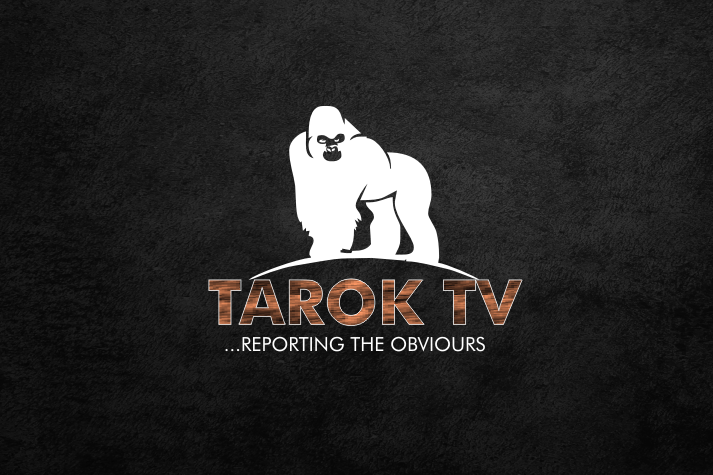
About Admin - Admin
TarokTv, ...Reporting the obvious.
Contact
Phone number: 07062319173
Email: [email protected]
Reach out to us with any news or article.
leave a comment
4 comments
Latest Articles
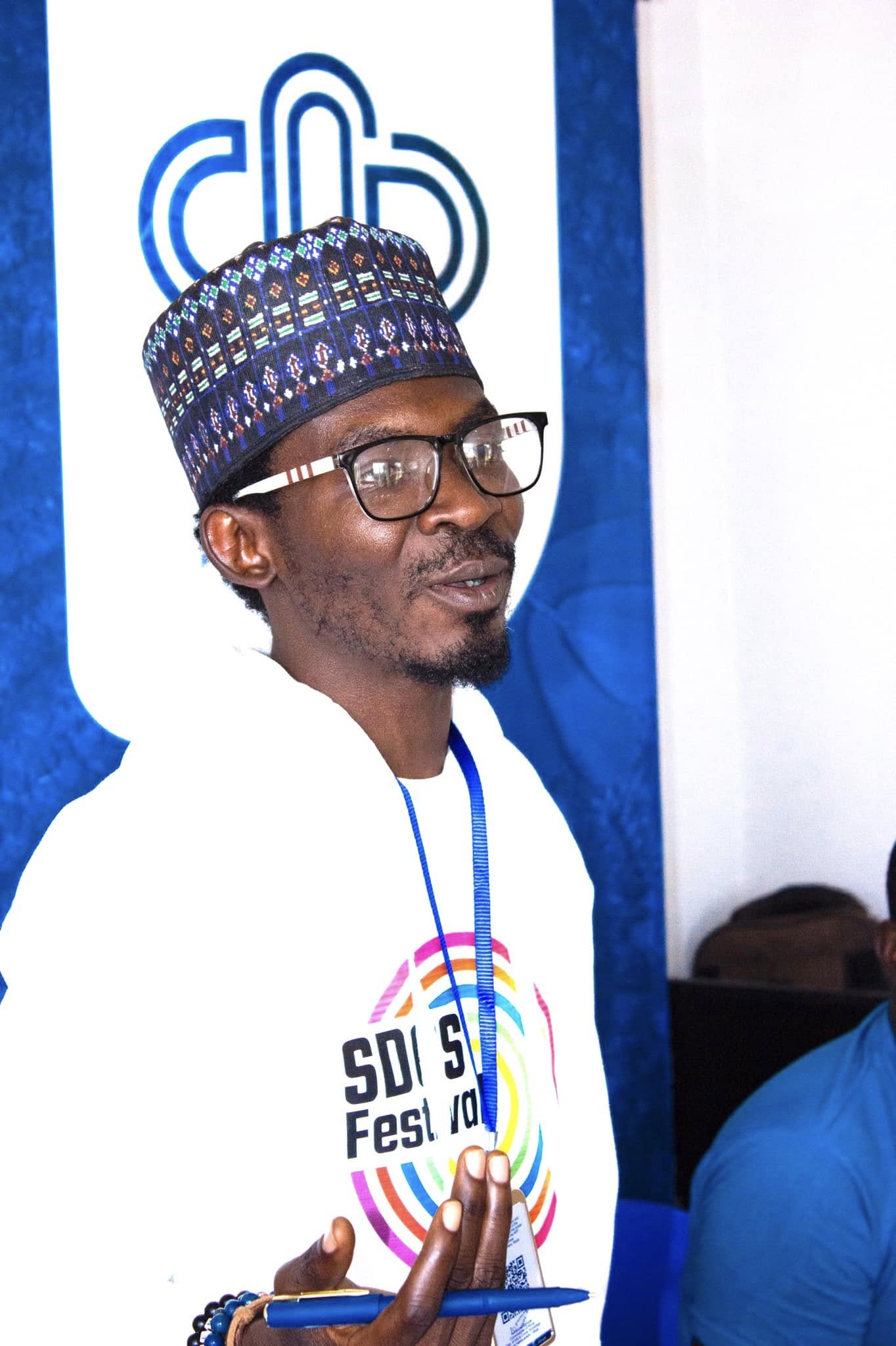
Success leaves clues, and those who seek to make a difference must study the lives of those who…
read more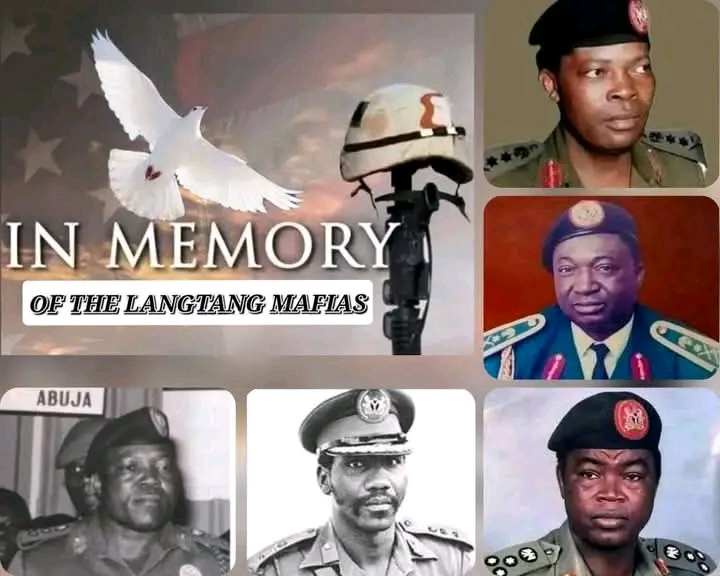
Langtang, a town in Plateau State, Nigeria, is not just another dot on the map but a significant origin for…
read more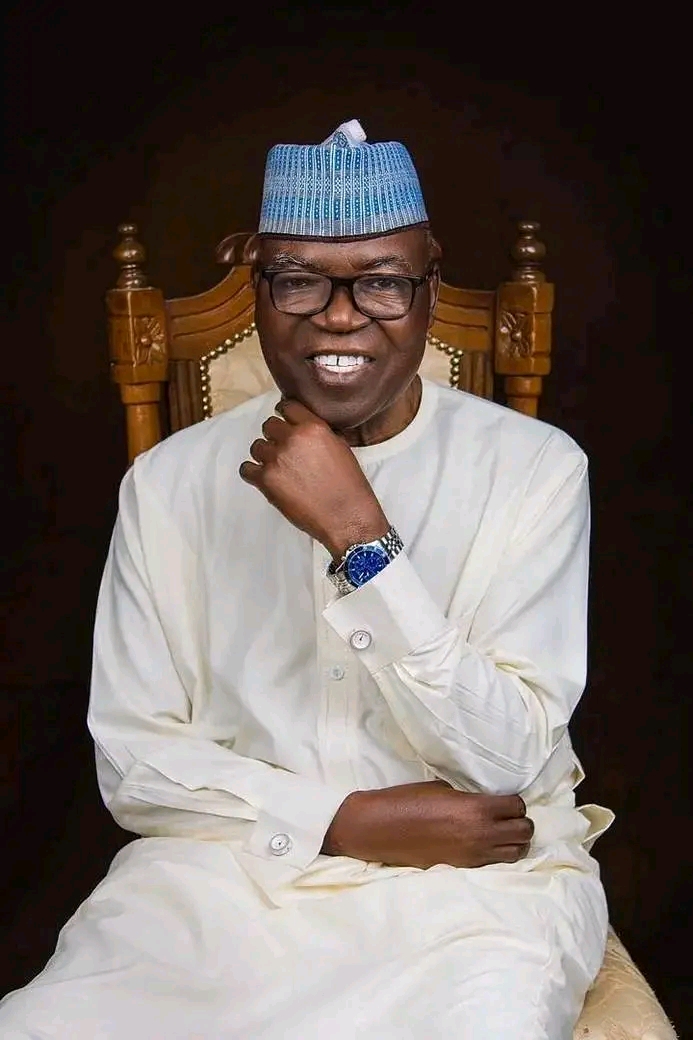
Brief Biography of Gen. (Senator) Jeremiah Timbut Useni
Early Life and Education:
Jeremiah Timbut Useni, often referred to as "Jerry Boy," was born on February 16, 1943,…
read more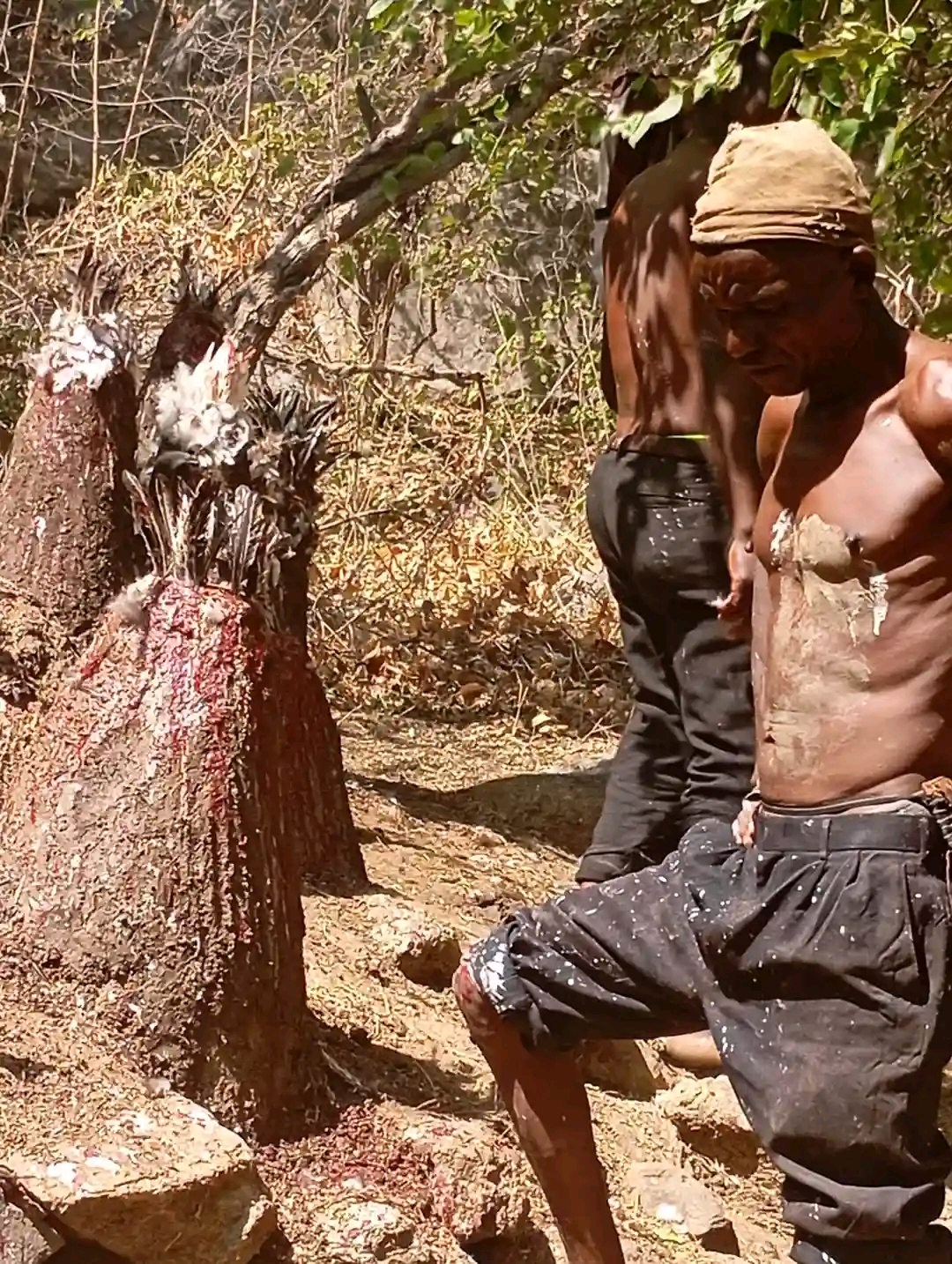
The Ibiari: A Sacred Tradition in Tarok land
The Ibiari Oga Sa festival, an annual tradition in Tarokland, was celebrated today as part of the year-end observance marking…
read more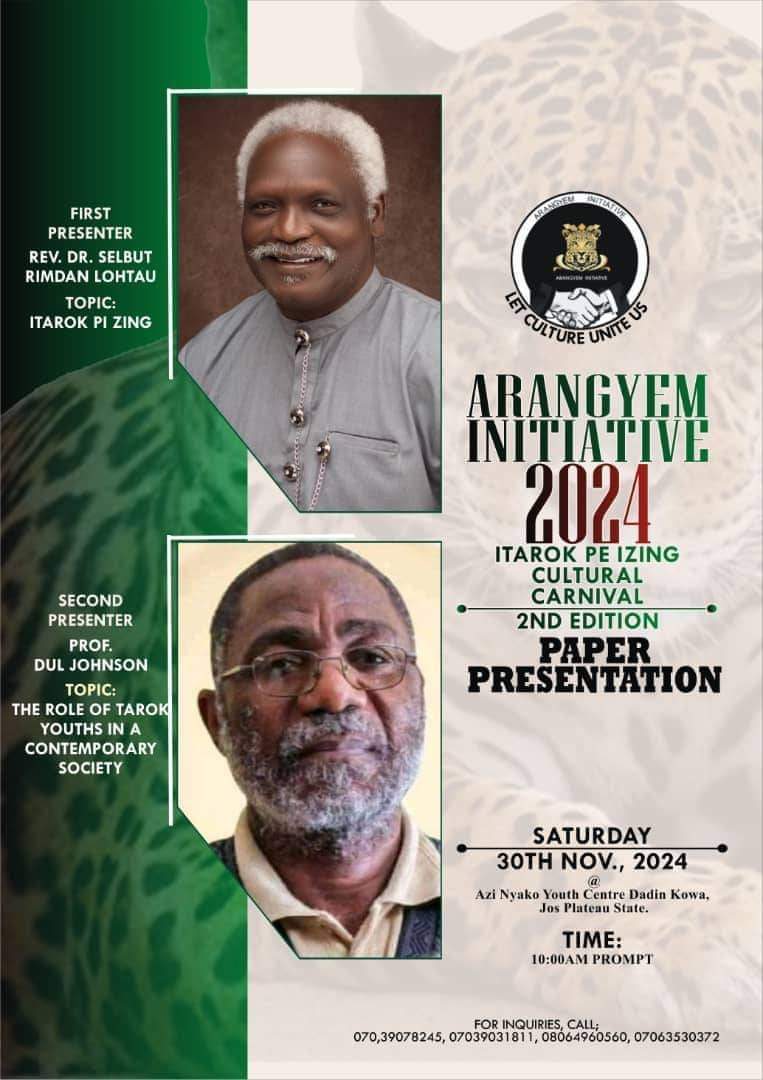
ITAROK PA IZING BY REV. DR. SELBUT LONGTAU
A PAPER PRESENTATION AT ITAROK PA IZING 2ND CARNIVAL HELD AT THE AZI NYAKO YOUTH CENTRE, JOS, 30TH NOVEMBER, 2024
… read more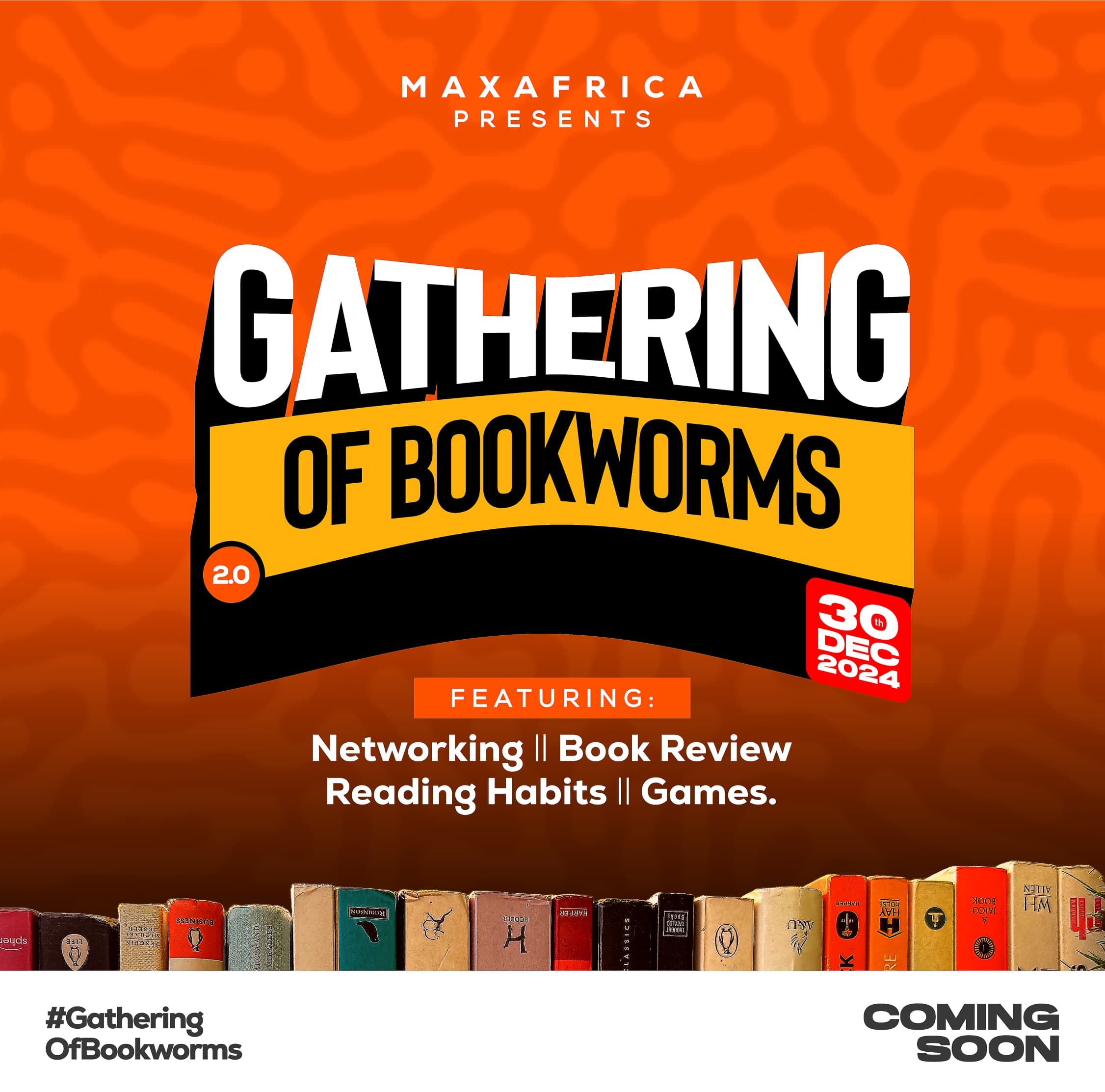
TarokTv News: The Return of "Gathering of Bookworms" - A Literary Revival in Langtang North/South
TarokTv is thrilled to announce the upcoming edition of the Gathering of Bookworms, a celebrated event aimed at uniting the…
read moreLatest Albums
Recent videos
Copyright © 2020 - TarokTv designed by Taroktv Media.

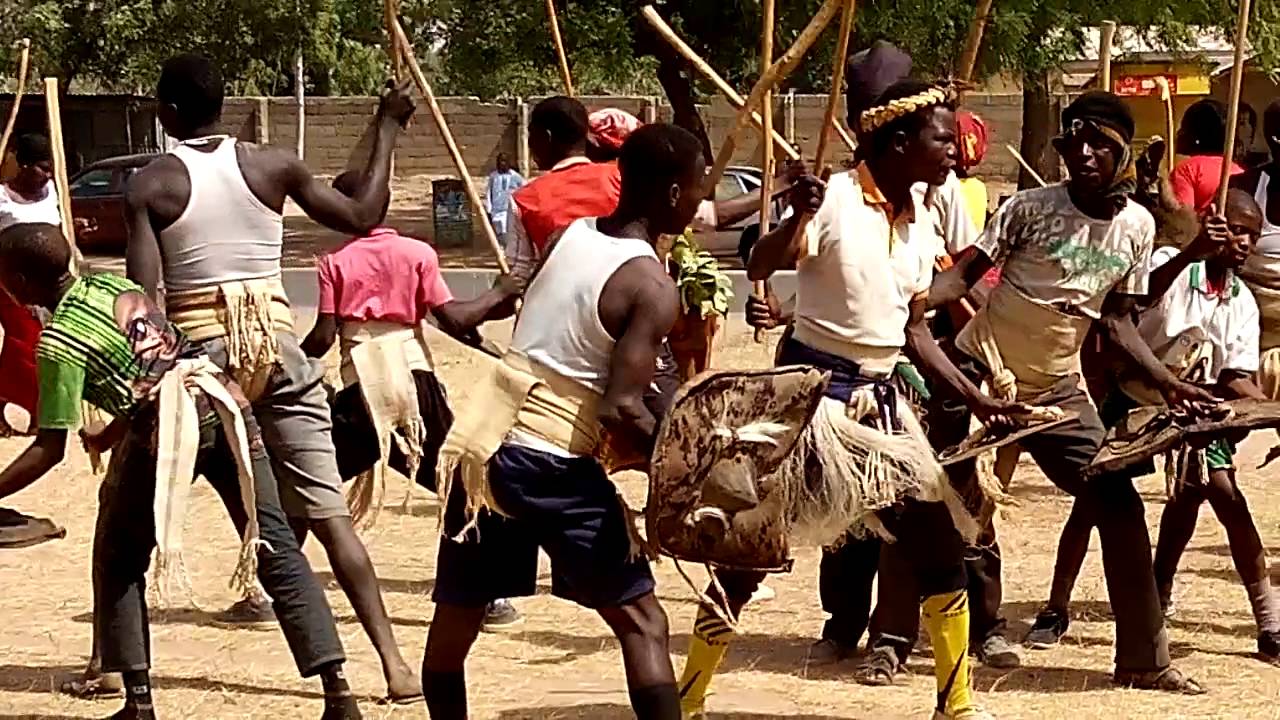
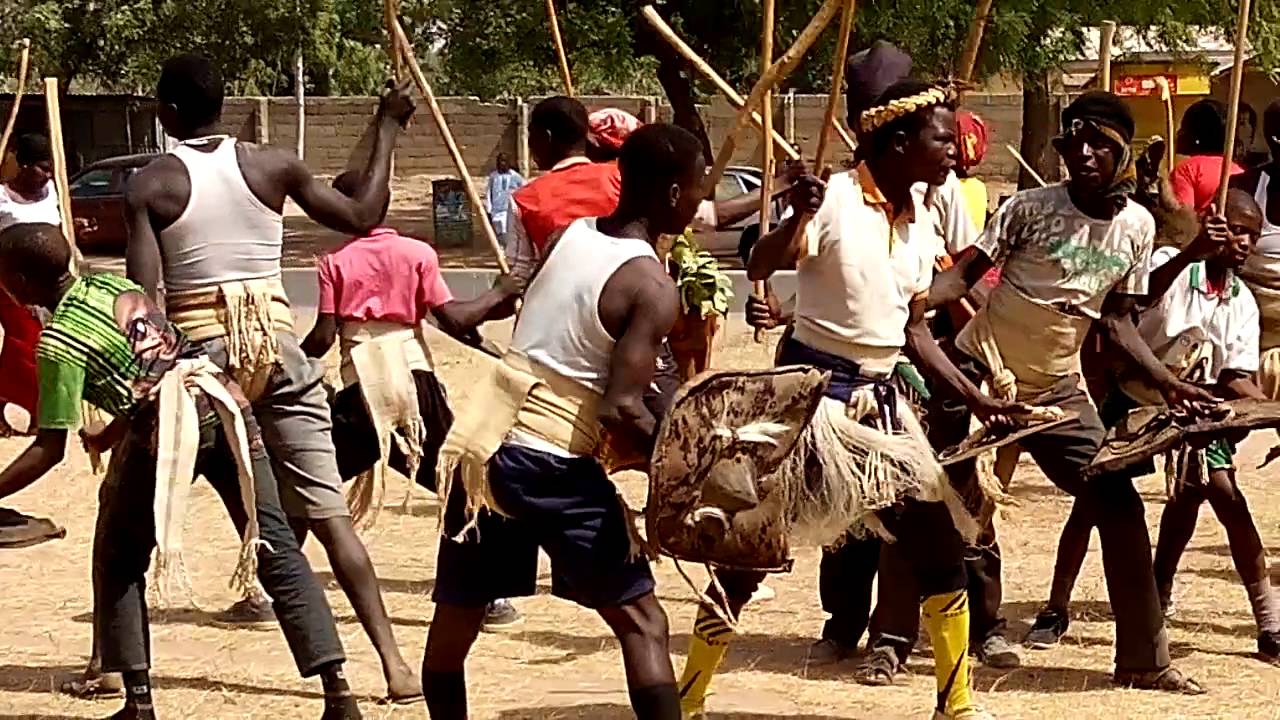
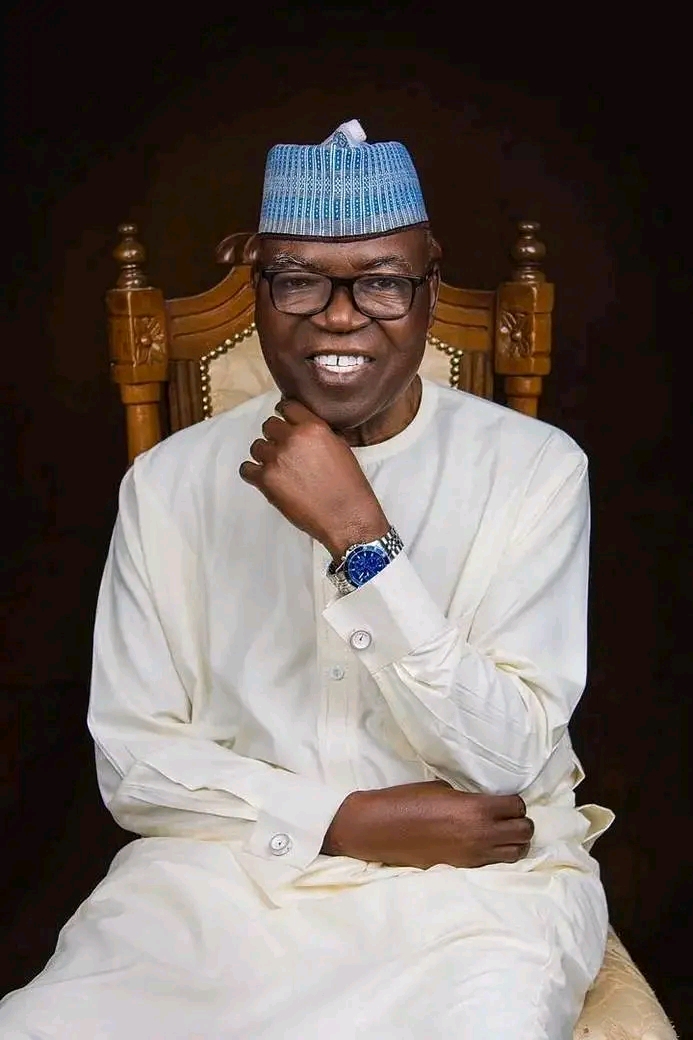
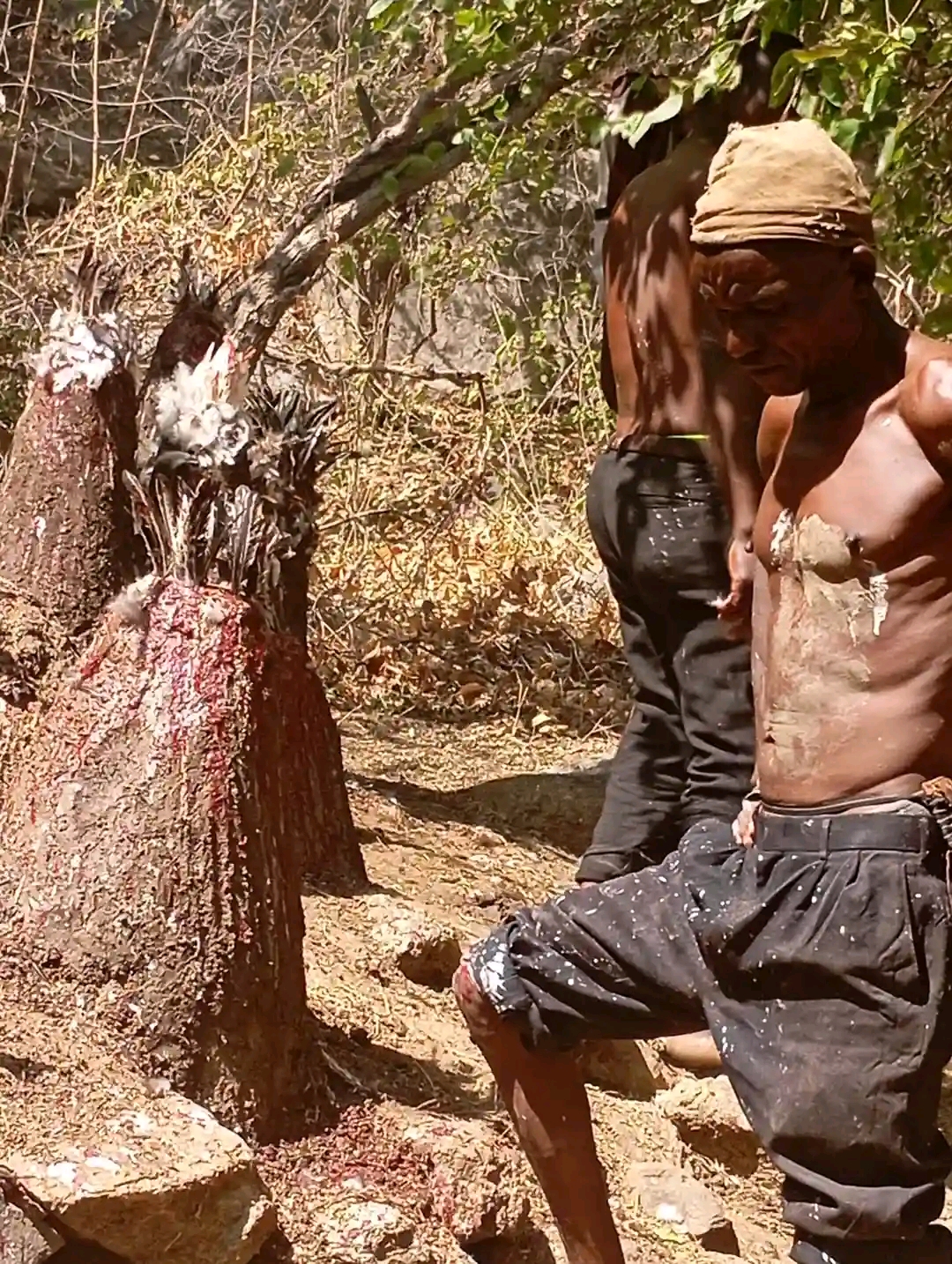
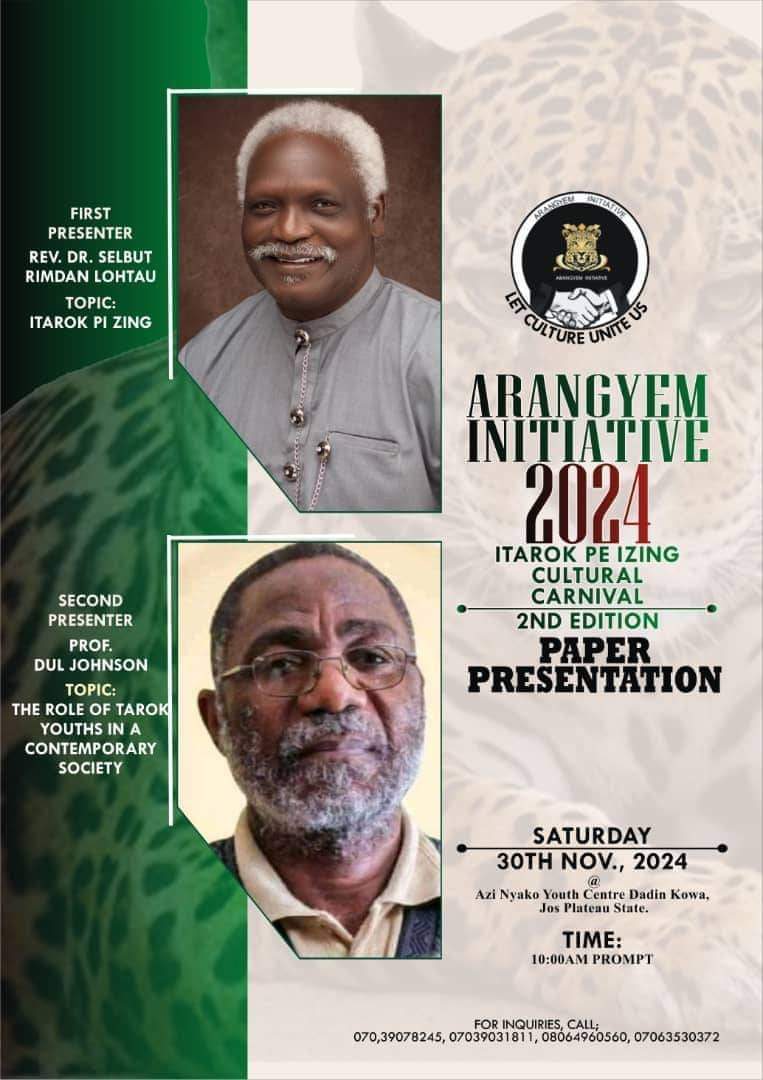
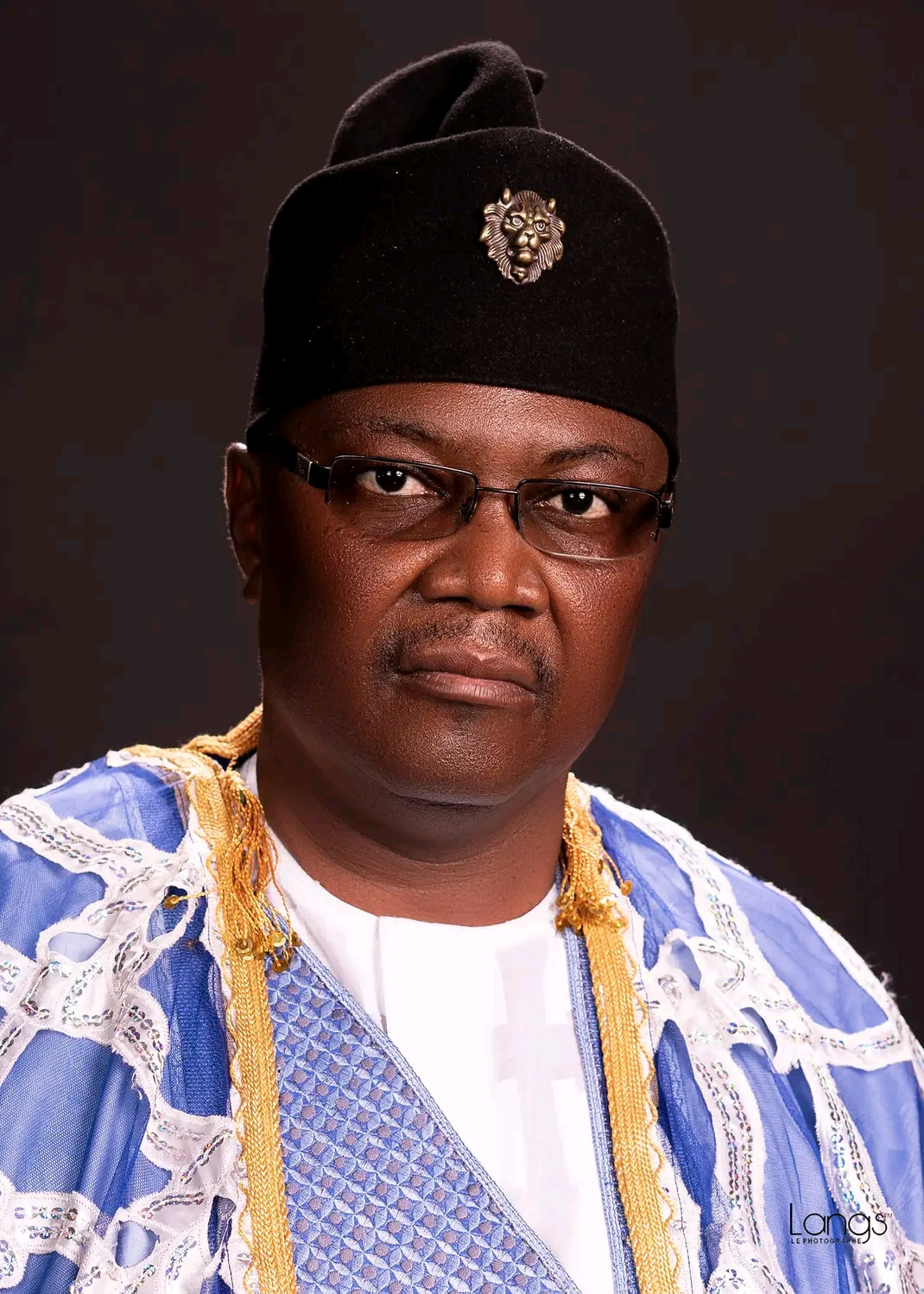

This is so amazing. May you continue to flourish in wisdom so as to do more for this Tarok Nation.